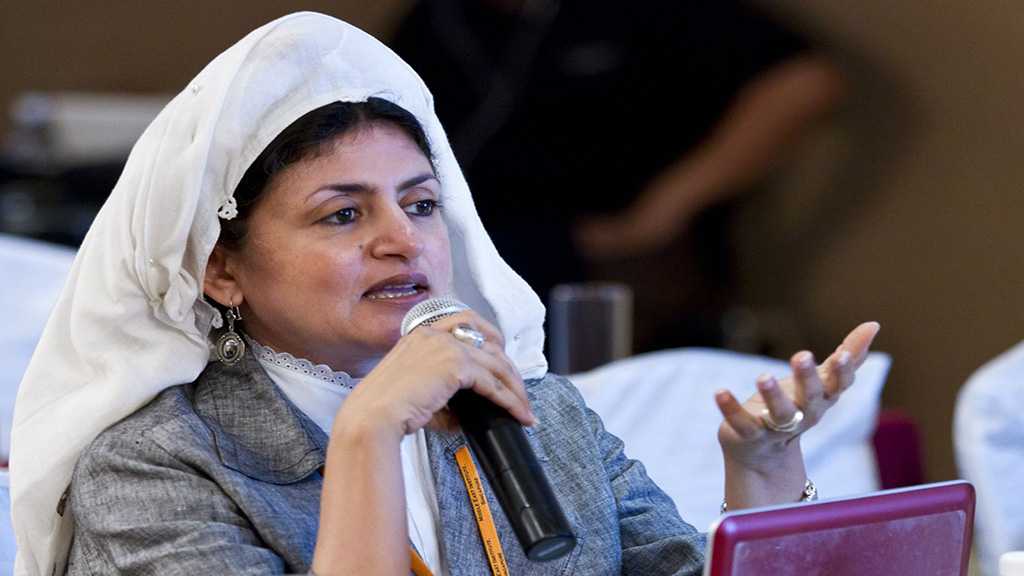WP: Congress Must Stand Up For Imprisoned Saudi Women

The Washington Post’s Editorial Board
Hatoon Al-Fassi is one of Saudi Arabia’s most eminent and respected scholars. A professor at King Saud University in Riyadh for more than a quarter century, she has authored two seminal books on women’s history in Saudi Arabia and numerous journal articles.
She has won international honors, including induction into France’s academic honor society. For more than a decade, she has also peacefully advocated for improvements in Saudi women’s rights, including the right to vote in local elections and the right to drive. For that, since last June she has been imprisoned.
Fassi is one of more than a dozen female activists who have been arrested in a senseless and unconscionable campaign of repression launched by Crown Prince Mohammed bin Salman. The detentions began just as the regime finally granted women driving rights last June and continued through the summer.
At least nine women are still in prison; many were held in solitary confinement for prolonged periods, and some were brutally tortured. All have been subjected to vicious campaigns of defamation in pro-government media. None has yet been convicted of any crime.
According to the Saudi Twitter account Prisoners of Conscience, Fassi was one of three female prisoners who recently were transferred to common cells in al-Hair prison, south of Riyadh, after being held for long periods in solitary confinement. Little else is known about her case or her physical condition.
Late last year, multiple human rights organizations and news organizations, including The Post, reported that several other women held in solitary confinement had been tortured. They were subjected to beatings, waterboarding, electric shocks and abuse.
A top aide to Mohammed bin Salman, Saud al-Qahtani, watched the abuse of one of the women, Loujain al-Hathloul, while threatening her with rape and murder, according to Hathloul’s family.
This outrageous behavior has attracted too little international attention and censure. After Canada spoke up for detained activist Samar Badawi and Nassima al-Sadah last August, the Saudi government expelled the Canadian ambassador and withdrew its own from Ottawa.
Yet rather than support the Saudi women or Canada, the Trump administration responded by urging the two governments to settle their differences.
More recently, Secretary of State Mike Pompeo said he had raised the case of the imprisoned women during meetings in Riyadh this month. Yet none have been released; having been excused by President Trump for the murder of Jamal Khashoggi, Mohammed bin Salman understands that this US administration will not hold him accountable for even egregious abuses of human rights.
Last week, more than 200 scholars from across the world signed a letter to the Saudi government calling for the release of Fassi, as well as the other women activists.
Now it is time for Congress to get involved. Legislators should seek sanctions against those involved in the detention and torture of the women under the Global Magnitsky Act.
They should condition further economic and military cooperation with the regime on their release. No regime that imprisons and tortures peaceful advocates for women’s rights should be treated as an ally by the United States.
Source: The Washington Post, Edited by website team




